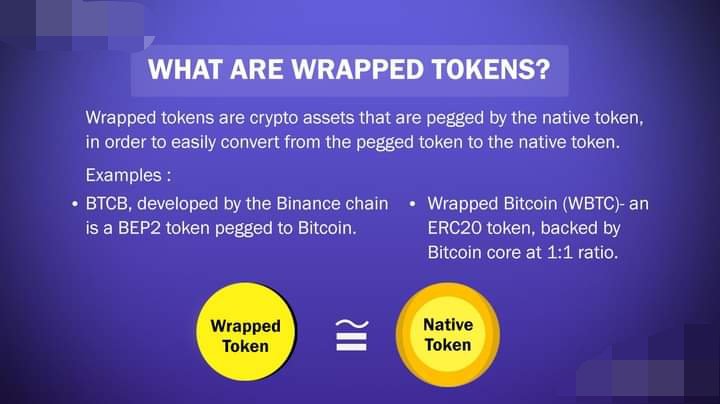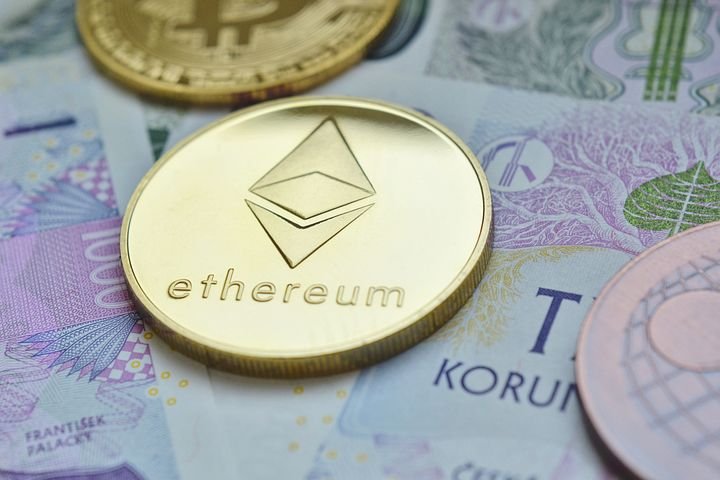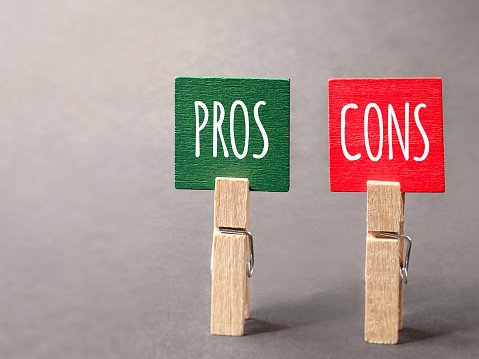Wrapped tokens make it possible to use cryptocurrencies on different blockchains from one blockchain. Because blockchains are separate systems, they cannot easily communicate with each other. It's like how different governments require different currencies: just like you can't spend your Euros at a store in America, you can't use your Bitcoin on the Ethereum blockchain.

For example, if you want to use Bitcoin on the Ethereum blockchain, your custodian will lock 1 BTC in a digital wallet and at least 1 WBTC (a wrapped Bitcoin token) on the Ethereum blockchain. You can then use your 1 WBTC — which represents Bitcoin locked in a digital wallet — on the Ethereum blockchain.

Pixabay
The future of wrapped tokens appears to be intact, as major traders and analysts have started pointing to wrapped tokens as the future of the crypto sector.
Wrapped tokens are an alternative way to exchange tokens between blockchains. The wrapped token is said to have the ability to transfer assets to blockchain interoperability, creating massive liquidity in exchanges across the crypto sector. Payment of inflow of foreign currencies.

Pixabay
Original tokens are still the best when it comes to the limitations associated with Wrapped tokens but it depends on the usage though. If you want to use your token on another blockchain, and don't want to go through the stress of bridging, I think wrapped tokens are the key and best option.
Given the most obvious disadvantage of wrapped tokens, I think it has to do with safekeeping. The security of accumulated assets is currently a concern. As I think your assets are at risk from the platform you are using.

Pixabay
🤝Agree or Disagree🙅♂️ - Is it a better option to deploy wrapped tokens instead of real currencies because wrapped tokens suffer from some limitations like unequal value, and contagion?🤔

Pixabay
🤔Which do you think is the best? Is it Rapid Token or Real Token?🤔
Thanks for reading
If you liked my article then don't forget to subscribe to me 😜